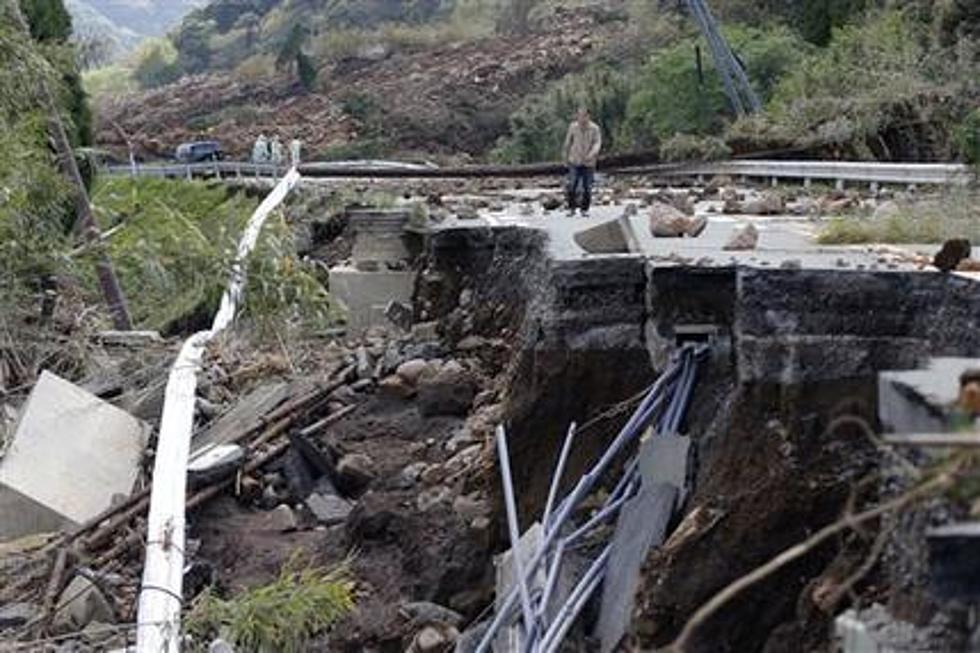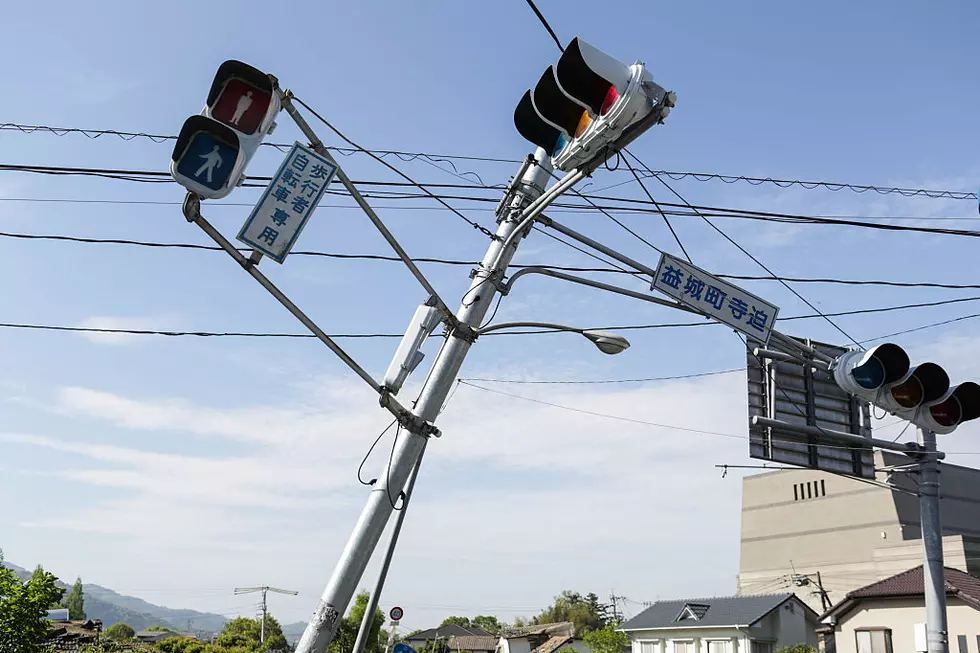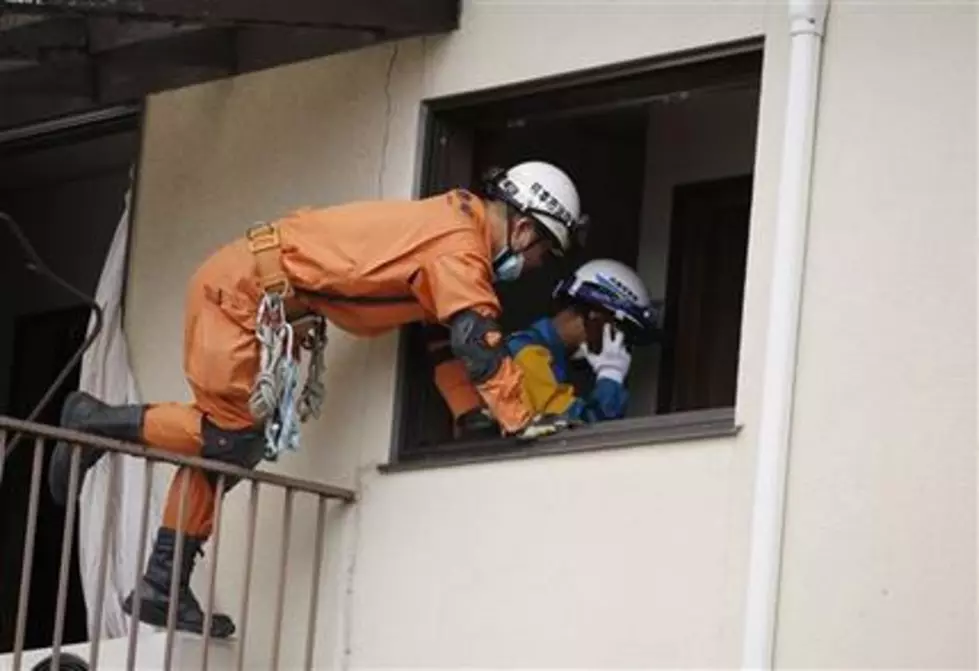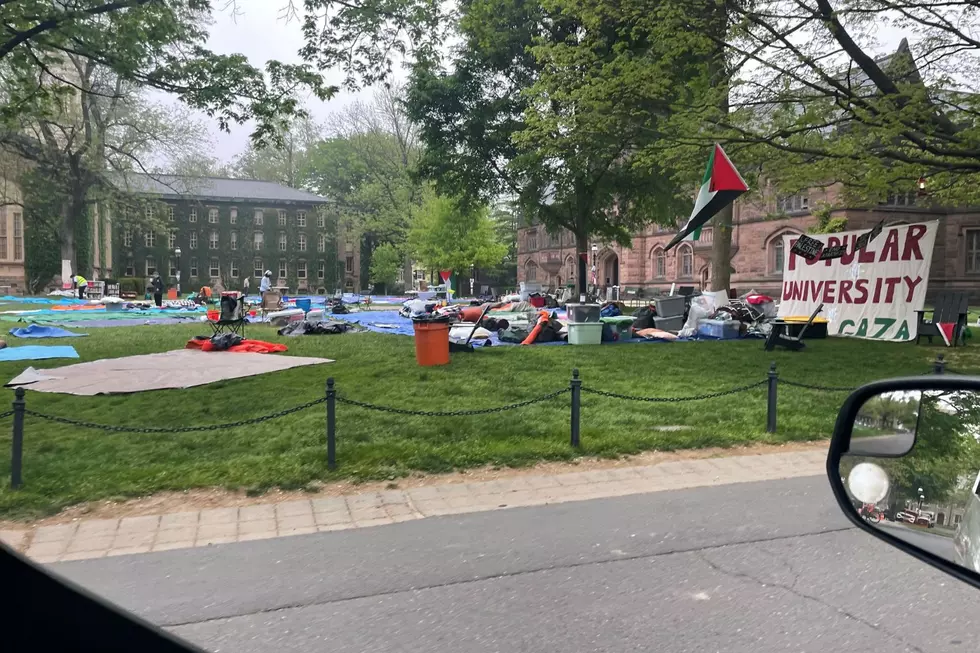
Disruptions from twin quakes in southern Japan hit economy
The twin earthquakes that have paralyzed parts of southern Japan are having ripple effects far beyond the disaster zone but are nowhere near as severe as the devastation from the 2011 quake and tsunami disasters.
Manufacturers, especially automakers, also have learned some lessons about supply-chain disruptions since then.
Toyota Motor Corp., the most heavily affected of the big car makers, has stopped production at a factory in Kyushu, where the quakes struck late Thursday and early Saturday, killing at least 42 people and leaving nearly 1,100 people injured.
The shutdown will progress to other plants in Japan through Friday. Output will resume depending on the availability of parts.
Honda Motor Corp. said its motorcycle factory in Kumamoto, the largest city seriously affected by the quakes, has suspended output until Friday.
But production at its auto plants has not been affected, said Teruhiko Tatebe. He said the company was looking into possible future supplier problems and had not ruled them out.
"So far we are OK," he said of the auto plants.
The motorcycle plant was severely damaged. Due to repeated aftershocks, it is unsafe even to go inside to carefully inspect the damage, he said.
Still, compared to what companies went through five years ago, after the March 11, 2011, tsunami and quake, Japan Inc. appears to be holding up better.
The 2011 disaster slammed supply chains so seriously that auto production was halted even in the U.S.
Automakers learned the hard way about their vulnerability to hiccups in their supply chains, especially from second-tier and third-tier suppliers.
Japan's giant industries are supported by what can almost be called mom-and-pop machine-shops that provide components to bigger suppliers, which in turn supply bigger players.
"That kind of lesson has been learned," said Nissan Motor Co. spokesman Dion Corbett. "We now have maps that show where exactly the suppliers are."
Nissan's two plants in Kyushu were temporarily shut down after the quakes for checkups. The checks found damage was minor, allowing the plants to be resume operations on Monday, he said.
The powerful earthquakes have caused electricity outages and disruptions to water supplies. Roads and airports in the region were affected, with some damaged areas in hard-to-reach mountain areas cut off by landslides that blocked roads and bridges.
"The impact to near-term economic activity looks inevitable, while the comprehensive picture is difficult to gauge now, particularly due to the continued aftershocks," Masamichi Adachi of J.P.Morgan said in a commentary. Overall, the risk to the outlook for growth is "to the downside" he said.
Toyota will see its Japan output cut by 50,000 in April, according to the financial newspaper Nikkei, or about 8 percent of total production. Tourism will also take a hit.
Outside the auto sector, Sony Corp. said its sensor and device plant in Kumamoto was closed. Although building's structure was intact and no employees were injured, the precise nature of the production processes requires that delicately calibrated equipment must be checked carefully.
Renesas Electronics Corp.'s computer chip plant in Kumamoto city was also shuttered, spokeswoman Makie Uehara said.
It was unclear when production could resume. Gases that can be dangerous are used to maintain antiseptic conditions for chip production, and so safety had to be confirmed before other damage could be checked.
Some of the worst affected areas are deep in the mountains surrounding Mount Aso, Japan's largest active volcano, an area renowned for dairy farming. But one of the hardest hit cities was Mashiki, a center for semiconductor fabrication and other manufacturing.
Though much of Toyota's manufacturing is based in central Japan's Aichi prefecture, its headquarters, the company has chosen Kyushu as another major production hub. Toyota's auto plant in Kyushu was not damaged by the quake, though the company said up to 15 other plants could be affected by the quake-related disruptions.
Japanese share prices fell Monday, though there were multiple reasons for gloom. Apart from the potential impact of the quakes, an effort by major producers to shore up oil prices by freezing output fell apart over the weekend and the Japanese yen surged, in another potential blow to manufacturers who benefit when the yen weakens.
The benchmark Nikkei 225 index fell 3.4 percent to 16,275.95. Toyota's shares lost 4.8 percent, Nissan Motor Corp. lost 2.8 percent and Sony Corp. shed 6.8 percent.
(© 2016 The Associated Press. All rights reserved. This material may not be published, broadcast, rewritten or redistributed)
More From New Jersey 101.5 FM









